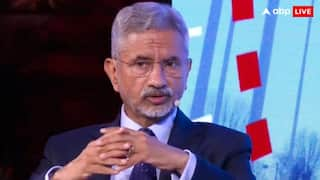China Smartphone Shipments Decline Over 30% YoY In February: Govt Data
Smartphone shipments within China, the world's largest market, fell more than 30 per cent in February year on year (YoY) to 14.5 million devices.

New Delhi: Smartphone shipments within China, the world's largest market, fell more than 30 per cent in February year on year (YoY) to 14.5 million devices, according to the China Academy of Information and Communications (CAICT). Shipments of smartphones within China fell 31.8 per cent year-on-year from about 21.3 million handsets in February 2021 and 32.4 million in January 2022, according to state-backed think-tank CAICT, said a report published by news agency Reuters.
The decline in smartphone shipments was attributed to the global computer chipset crisis that is biting the smartphone brands. A combination of factors including demand miscalculation, unexpected factory shutdowns and US-China tensions have prompted a number of automobile companies to report chip sourcing issues, the report added.
That chipset crisis has since spread to many types of chips and all kinds of hardware, including smartphones. It should be noted that smartphone users have also delayed upgrades that has led to a slowdown in sales in China.
Meanwhile, the Ukraine-Russia war has given way to a fresh crisis in the global semiconductor industry - small and medium chip producers may place multiple orders to offset the risk, thus, resulting in the raw material supply to deteriorate, a report said earlier this month. With geopolitical tensions now extending from Asia to Europe and from semiconductor manufacturing to raw material supply, capacity expansion and investment decisions will have to be reevaluated, says Counterpoint Research.
“The [global] market is apprehensive that the Ukraine crisis will result in shortages of key raw materials, eventually affecting the semiconductor supply chain… The result and the extent of this non-economic event are unpredictable. But it has already started affecting the supply chain,” Brady Wang, semiconductor analyst at Counterpoint Research, said in a statement.





































